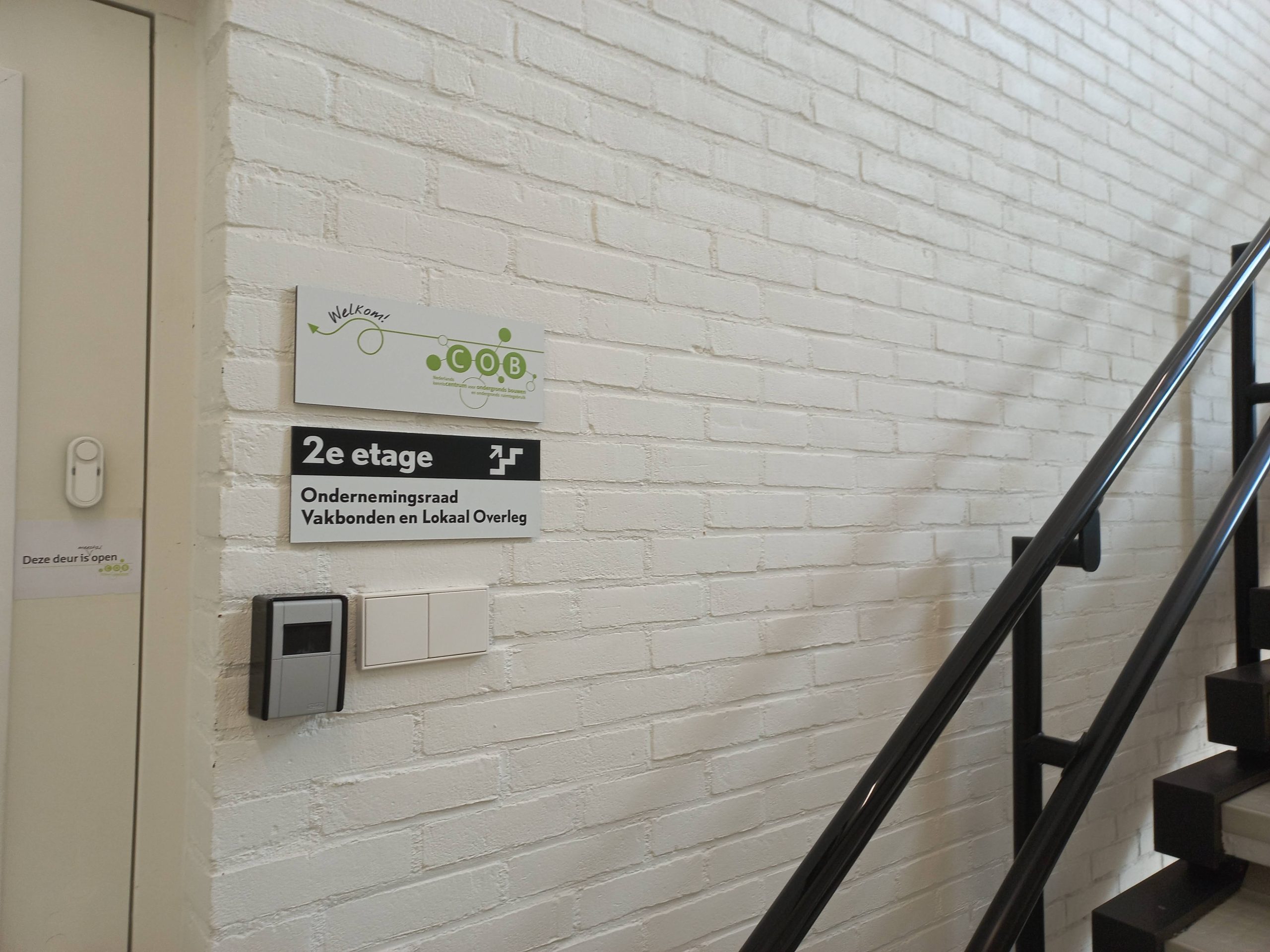All TU Delft staff members can share their ideas about creating a safer working environment with the Works Council (OR). The OR has invited all staff to a meeting on Wednesday 20 March. The OR will share the ideas with the Executive Board, that is planning to submit its plan of action to the Inspectorate of Education on 19 May at the latest.
(Photo: Delta)
The OR underlines that the meeting is not to share ‘unpleasant past experiences’. It has already heard plenty of stories, writes the Council on the intranet. The OR Chair, Ronald Kuil, says that it has received ‘a few dozen’ reactions which is ‘an above average number’ and concludes that ‘it is clearly a relevant issue’.
Kuil has both heard from people who are in agreement with the OR statement, and from staff members who shared their own negative experiences. “We will discuss this with them. The stories are an important indicator for us and they confirm that people do not consider TU Delft to be that safe.”
Series
The meeting is an OR initiative and will be the first in a series of meetings. “We are the body that represents the interests of the personnel. We want to hear their voices,” says Kuil.
The extent to which the Executive Board will include the discussions in the plan of action is as yet unclear, although it did itself request input from staff in an email on 7 March. That said, the Executive Board has not yet informed staff how to share their input and what the rest of the process will be.
The TU Delft spokesperson can also not yet say who is leading the project, although that person has been appointed. He can only report that the Executive Board is intending to send its plan of action to the Inspectorate of Education on 19 May at the latest, in compliance with the requirements of the Inspectorate of Education report.
- Delta is looking for current and former TU Delft staff members who are willing to share their experiences. This can be done anonymously if preferred. Email tudelta@protonmail.com.
New reports
The Inspectorate spokesperson says that the deadline is not fixed. “We will take feasibility into account. In principle, the plan of action should be ready within three months, but how flexible we can be also depends in part on the contact we have during this period. It always helps if we are kept updated.”
Now that new stories are emerging at TU Delft, as Executive Board member Marien van der Meer has also found, the question is whether the Inspectorate is getting new reports. The spokesperson does not know answer yet, but says that the Inspectorate is always open to reports. If they would be about TU Delft and be in line with prior findings, they would not need further investigation, the spokesperson continues. There are only two scenarios in which a new or additional investigation would be needed. One, is if information is received about new issues, and, two, if very recent new examples are received that confirm the Inspectorate’s position.
24 interviews
In its stance (in Dutch) on the Inspectorate of Education’s investigation, the Executive Board makes a point that, in its eyes, the Inspectorate is drawing major conclusions on a small number of reports and interviews with those lodging reports. It writes:
- ‘The Inspectorate largely bases its findings on discussions with 24 people who lodged reports, after receiving 148 reports from a population of 12,000 persons …’
- ‘The Inspectorate does not explain why it talked to those particular 24 individuals out of the 148 people who lodged reports.’
- ‘The Inspectorate did not speak to the more than 11,852 other employees … The investigation outcomes does not give the Inspectorate any basis to generalise some personal findings to the whole organisation.’
- ‘The investigation cannot be seen as an investigation into the culture of an organisation. Collecting reports about anti-social behaviour is not a good foundation for a method to makes statements about ‘the culture’ at TU Delft.’
Why did the Inspectorate of Education ‘only’ speak to 24 and not to all 148 people who lodged reports? The spokesperson says that there are two reasons for this. “One, some reports were so detailed that a discussion was not necessary. And two, there were overlapping themes in the reports.”
He goes on to say that the inspectors invited the people for a talk whose reports contained “a point of interest” and they “expected that a discussion would add something”. He also says that this is a qualitative investigation rather than a quantitative one, and that the Inspectorate checked whether TU Delft complied with the law rather than that it carried out an investigation into the culture. As the Inspectorate concluded that TU Delft had not complied with the law, it is being accused of mismanagement.
Do you have a question or comment about this article?
s.m.bonger@tudelft.nl


Comments are closed.